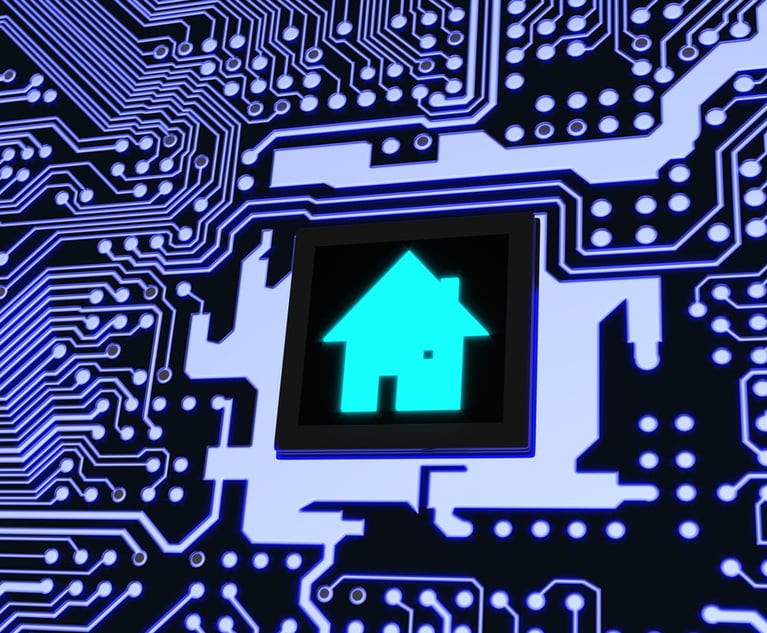In an effort to educate the public about how to deal with bacteria-laden sponges found in most American kitchens, a research team at the University of Florida might have inadvertently sparked another problem.
The story begins innocently enough. To rid dangerous bacteria like e-coli from the scrubbers, moist and microbe-infested sponges were placed in a microwave for two minutes by a university research team. Upon completion, the sponges were examined and found to be completely sterile. The team determined that the cleaning method was a cheap and viable option for a large portion of the population to protect themselves from germs, given the prevalence of the appliance and its relative inexpensiveness. Other cleaning options, such as putting sponges in the dishwasher, failed to accomplish the same level of protection without using dangerous chemicals like bleach or chlorine.
But according to an article appearing from Reuters, the study caused several hasty amateurs to try the solution out for themselves. While they followed directions when it came to microwaving the sponges for two minutes, they forgot the all-important step of first soaking them in water.
Want to continue reading?
Become a Free PropertyCasualty360 Digital Reader
Your access to unlimited PropertyCasualty360 content isn’t changing.
Once you are an ALM digital member, you’ll receive:
- All PropertyCasualty360.com news coverage, best practices, and in-depth analysis.
- Educational webcasts, resources from industry leaders, and informative newsletters.
- Other award-winning websites including BenefitsPRO.com and ThinkAdvisor.com.
Already have an account? Sign In
© 2024 ALM Global, LLC, All Rights Reserved. Request academic re-use from www.copyright.com. All other uses, submit a request to [email protected]. For more information visit Asset & Logo Licensing.








